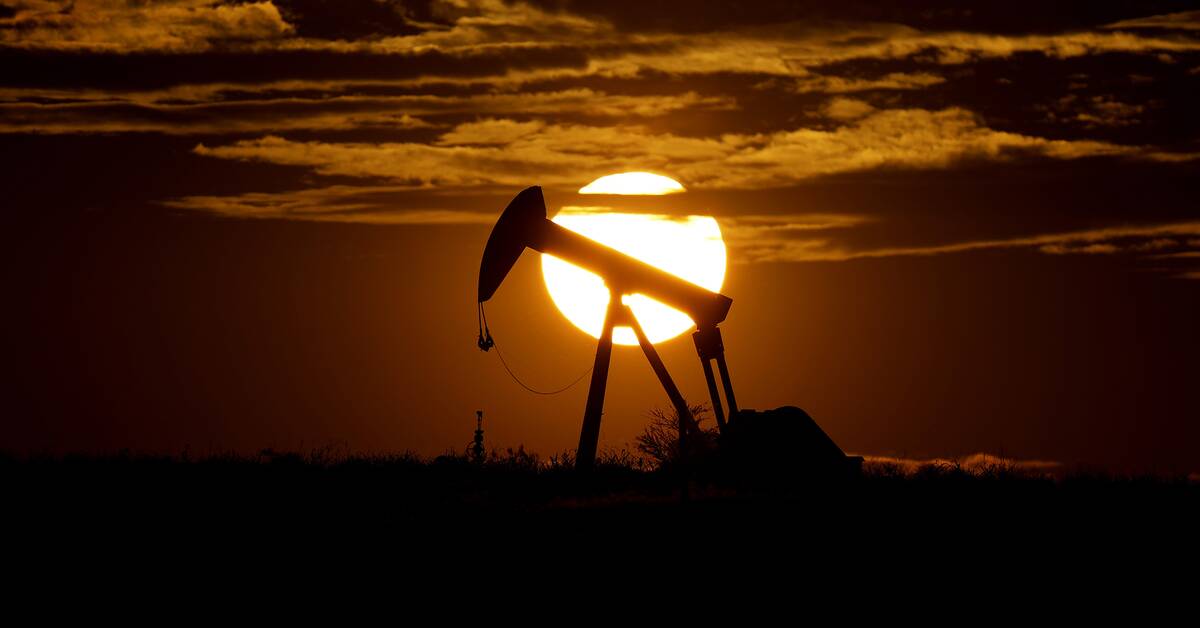An economic restart after the pandemic and the war in Ukraine has caused oil prices to rise to over $ 100 a barrel.
It has not been so high since 2013–2014.
It has caused profits in the oil companies to rise.
The 10 largest oil companies made total profits for the first three months of the year of around SEK 1,500 billion before tax, according to SVT's compilation.
The winnings arouse anger
The profits come partly from government subsidies, partly from consumers who are now complaining about high heating and fuel costs.
The fact that the oil companies are making large profits in that situation, at the same time as the climate crisis has become increasingly acute, has caused the climate movement to react.
- The gains make me nauseous.
It is frightening that we continue to reward companies and people who profit from destroying the climate, from war and from ordinary workers.
It makes me nauseous and afraid of what the rest of the decade will be like, says Alex Rafalowizc at the organization Fossil fuel non-proliferation treaty who wants to see a stop to fossil energy sources.
New oil fields contribute
In February, the UN Climate Panel stated that emissions must be reduced within just three years if the climate goals are to be met.
The Climate Panel, as well as other organizations such as the IEA and UNEP, have stated that new investments in coal and oil are excluded.
Despite this, new oil fields are opening up and global oil production continues to increase after a small dip during the pandemic.
This year, world production appears to be approaching record levels above 100 million barrels per day according to OPEC and the IEA.
Small green investments
Some of the oil companies are trying to get greener.
They aim to have zero carbon dioxide emissions in their own operations by 2050, and they are investing in renewable energy.
But Alex Rafalowicz judges it as a green painting.
- We have not seen that they have made any significant increase in green technology.
Together, they invest perhaps one percent of their total investments in renewable energy, he says.
- We hear big statements that they will be carbon neutral and that they are driving the transition, but those are just words.
Their actions are something completely different.
They distribute the profits to the shareholders and buy back their own shares.
What they are really doing is making the rich richer, says Sofie Defour, climate manager at the environmental organization Transport & Environment.

